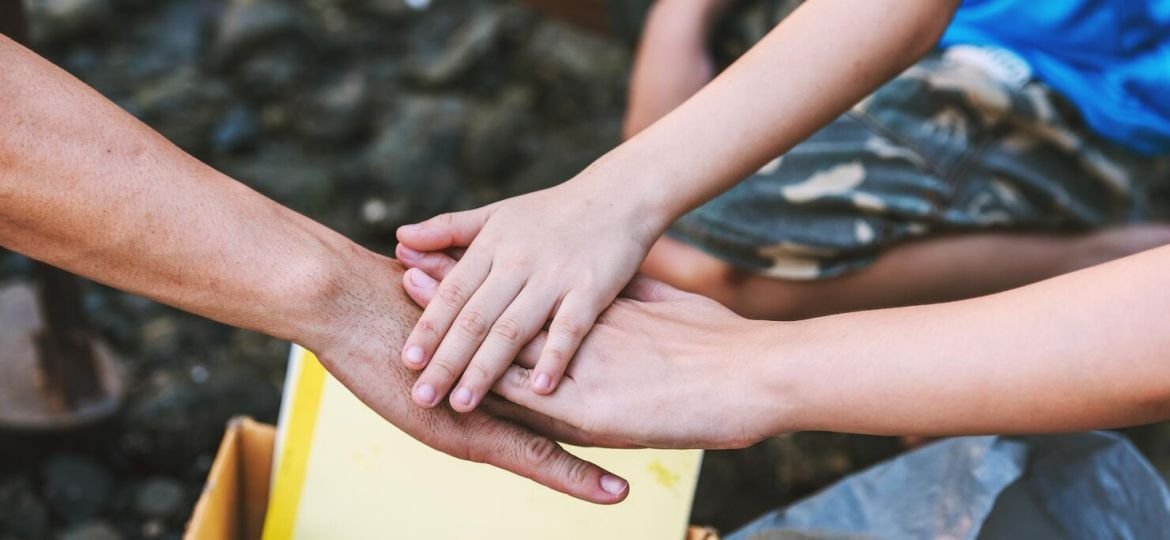
Helping Needy People: A Moral and Social Responsibility
Helping needy people is one of the most fundamental responsibilities of a compassionate and just society. Whether it’s providing food to the hungry, shelter to the homeless, education to underprivileged children, or medical care to those who cannot afford it, helping those in need makes the world a better place. Many people struggle daily due to poverty, natural disasters, health issues, or unforeseen circumstances. As individuals and communities, we have the power to support them in meaningful ways.
The Importance of Helping the Needy
Many people face hardships beyond their control. Economic disparities, job losses, and unexpected medical conditions can push families into poverty. Some individuals, including the elderly, disabled, and orphans, have no support system to rely on. Helping such individuals not only improves their quality of life but also strengthens the fabric of society. When we help the less fortunate, we promote equality, reduce suffering, and create opportunities for those who might otherwise remain trapped in a cycle of poverty.
Moreover, extending help to the needy brings fulfillment and happiness. Acts of kindness, such as donating food, volunteering at shelters, or providing education, have a ripple effect, inspiring others to do the same. This collective effort fosters a sense of unity, responsibility, and empathy within communities.
Ways to Help Needy People
There are countless ways to help those in need. One of the simplest ways is through direct donations. Financial contributions to charities, non-profit organizations, or individuals in need can go a long way. Donations of food, clothing, medicine, and school supplies can also make a significant difference.
Volunteering is another powerful way to help. Many organizations rely on volunteers to run soup kitchens, teach underprivileged children, or assist in disaster relief efforts. Giving time and skills can be just as valuable as financial contributions.
Education plays a crucial role in lifting people out of poverty. By supporting education initiatives, sponsoring a child’s schooling, or mentoring young individuals, we can help create a brighter future for those who struggle with financial hardships. Education empowers people to become self-sufficient and break free from the cycle of poverty.
Additionally, small acts of kindness in everyday life, such as helping a homeless person find shelter, assisting the elderly with their groceries, or supporting a struggling family, can have a profound impact. Communities that encourage a culture of kindness and generosity are more resilient and inclusive.
The Role of Governments and Organizations
While individual efforts are essential, large-scale change often requires the involvement of governments and organizations. Governments must implement policies that provide social security, affordable healthcare, and employment opportunities for the underprivileged. Non-governmental organizations (NGOs) and charities also play a vital role in bridging the gap by providing direct aid and advocating for policy changes.
Conclusion
Helping needy people is not just an act of charity but a moral duty that benefits society as a whole. When we extend our hands to those in need, we create a more compassionate, equal, and harmonious world. By contributing in any way we can—whether through donations, volunteering, or simple acts of kindness, we can make a lasting difference in the lives of many.



